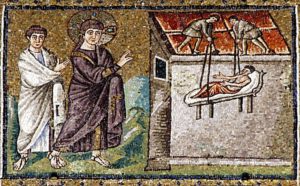
Strange Days
““These are strange days!”
yells someone in the crowd.
I can assure you, friend,
that no one has had a stranger day than me.”


““These are strange days!”
yells someone in the crowd.
I can assure you, friend,
that no one has had a stranger day than me.”
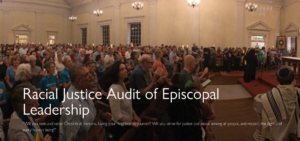
After two years and more than 1,300 surveys, the ground-breaking Racial Justice Audit of Episcopal Leadership is now available to the wider church and public. The audit identifies nine “patterns” of systemic racism – ranging from the historical context of church leadership to current power dynamics — that will also be highlighted in three public webinars in May and June.
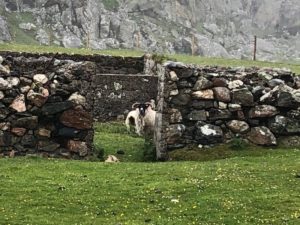
“In peace, we pray to You, Lord Christ,
our hearts and faces upturned and open to your glory.
Holy One, You are our shepherd…”
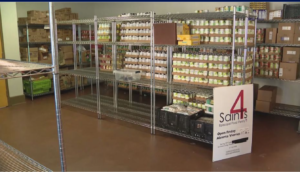
After 4 years at St. Luke’s in the Meadows Episcopal Church in Fort Worth, the 4 Saints Food Pantry had to say goodbye and find a new home.

In the last year, we have been presented with the opportunity to know the Prayer Book more intimately as friend and companion. While we have been, to varying degrees, separated from the Eucharist, the Prayer Book has been there for us offering community in isolation. In a time of great absence, it has served as a sacramental presence, an outward and visible sign of the presence of grace among us. In so doing, it has embodied for us the potential to realize that, despite distance, we are all connected and sustained by the mysterious yet abiding depth of a divine incarnational love.
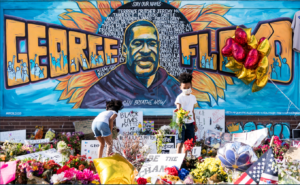
Reactions from Episcopal Church leaders and others to the guilty verdict in the trial of former police officer Derek Chauvin for the murder of George Floyd.

“And I do. Praise spills from this invocation into my soul like water from a pitcher into a glass. The Venite. The Jubilate. A Psalm. Routine, unextraordinary, but this opening praise is marvelously settling.”

Statement issued by The Episcopal Church linked here. [April 20, 2021] This is a tense and troubled moment, as we await the jury’s verdict in
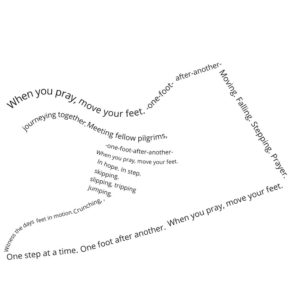
“When you pray, move your feet.
One foot after another
meeting fellow pilgrims, journeying together.”

Inter-generational Collaboration Building requires new thinking and creativity at a time when longer and healthier lives already are upending our notions about what it means to grow old. The skills that older adults can offer are well-suited to the needs of youth. Inter-generational engagement benefits the participants their faith communities.